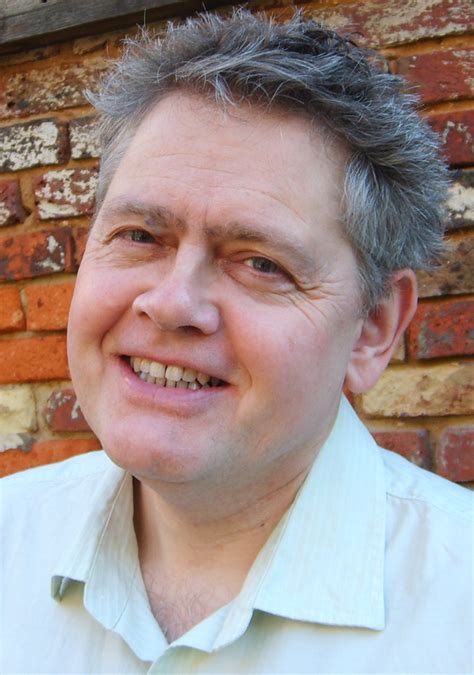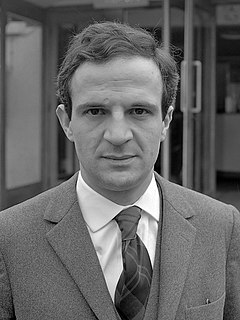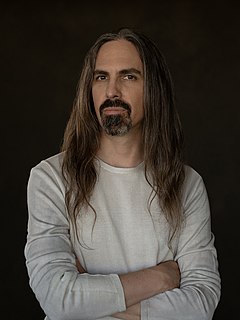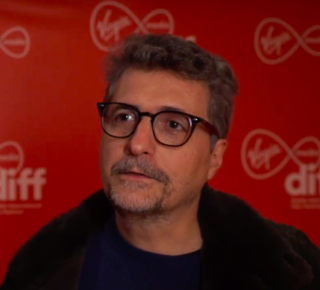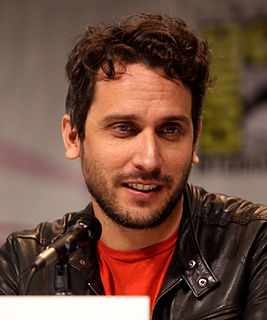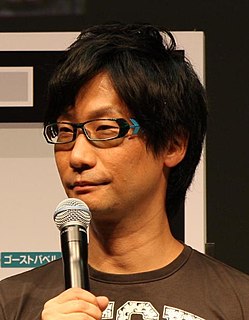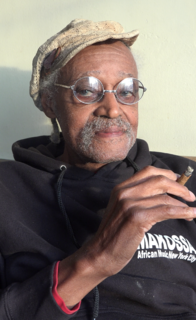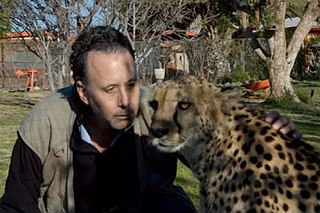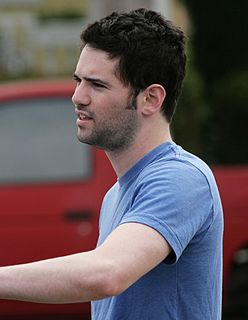A Quote by Nicholas Royle
I'm not trying to write cinematic novels, but I have been told several times that my style is cinematic.
Related Quotes
When you write a scene where somebody is afraid of something you instantly go to decades of genre cinema: horror, suspense, and thrillers. Those are very cinematic genres, when you shoot a close-up of someone and you can see fear in the person's face, or anticipation, or some kind of anxiety, it's a very cinematic image.
I write both, as you know, dozens of ecological and social scientific and historical works, dozens of novels. It's hard to describe a novel that grapples with the horrors of World War II as anything but grueling. But Codex Orféo is somehow...well, I hope, riveting for readers. Deeply provocative. Cinematic in a nearly surreal sense.
